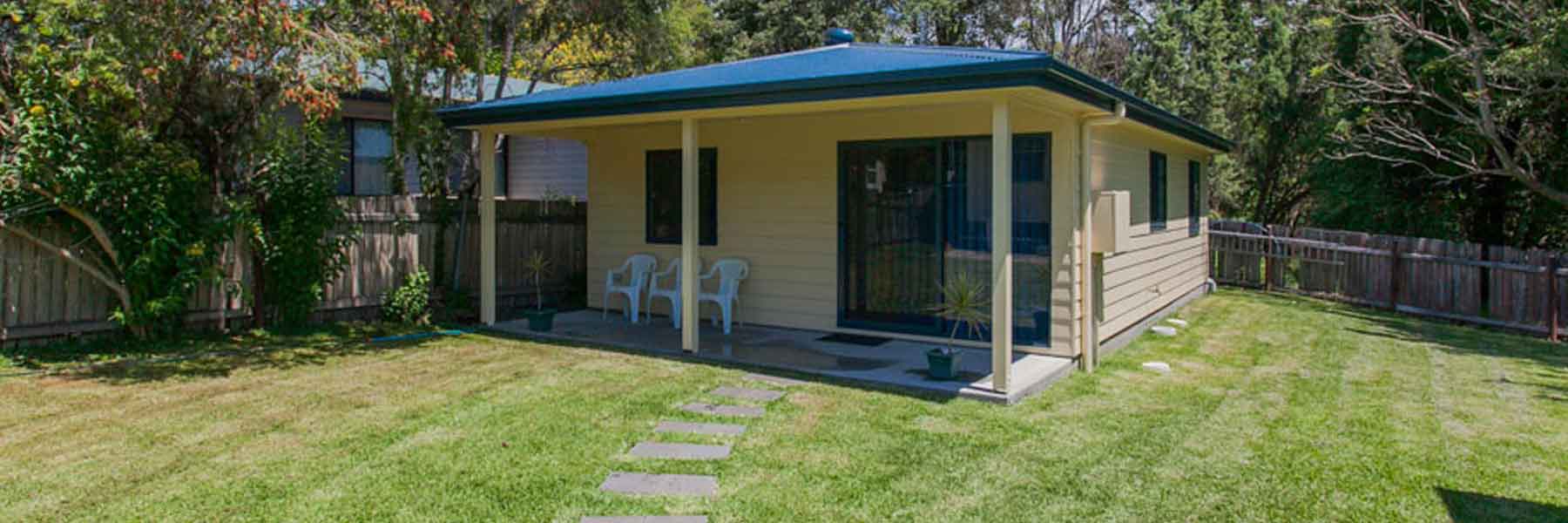Home > Home Loans > Home Loans for Pensioners
Home Loans for Pensioners
Are you on a pension and would still like to explore your home loan options? Compare your pensioner home loan options with Savvy.
Author
Savvy Editorial TeamFact checked
If you are retired or are receiving a pension from the government, it might seem as though your opportunities for taking out a home loan for buying property are behind you.
As we explain here though, this is not necessarily the case. While your different home loan options might not be as broad as other potential borrowers, there are still a good range of lenders and loan types available to you, should you wish to explore them.
Can I get a home loan as a pensioner?
Yes, you can absolutely still get a home loan as a pensioner. Generally speaking, the home loan process is somewhat more difficult for a pensioner relative to somebody earning a full-time income though, so pensioners interested in a home loan should keep this in mind. For example, if you are a pensioner who relies solely on your pension as your source of income, then you will be unlikely to receive approval for a loan. On the other hand, though, pensioners who receive income through alternative streams such as part-time work, dividend income or rent from another property, can still have their loan applications approved.
Because your total income while receiving a pension will most likely be lower than your former income as a full-time worker (even when taking into account other forms of income as well), you will be more restricted in the total amount you can borrow for your home loan. It is possible that you will also be charged a slightly higher interest rate by your lender as well, as your loan will be viewed as a riskier investment. Despite these limitations, assuming everything is in order, there should be no reason for you not to be approved- you will just have to temper your expectations in terms of what kind of property you will be able to afford with your loan.
What types of home loans will I be eligible for as a pensioner?
There are two broad categories of home loan types for pensioners. The first of these are loans which offer the pension-receiving homeowner finance by using their equity in their current property as security. The second of these types are regular mortgages, with conditions reflecting the suitability of the applicant.
Examples of the loan types for pensioners include:
- Fixed and variable interest rate loans – like regular home loan customers, pensioners can also access fixed and variable rate loans. With a fixed rate home loan, pensioners can ‘lock in’ the interest rate applicable to their outstanding debt for a period of up to 5 years. With a variable loan, pensioners can allow their interest rate to fluctuate freely.
- Reverse mortgages – these home loans allow pensioners over the age of 60 to use their equity in their currently owned property as a security for a cash loan equivalent to an agreed portion of the total owned equity in the property. Lenders will typically allow between 15% to 25% of the value of the property to be borrowed. For example, Ron, 65, might own a $500,000 home and wish to ‘reverse’ a portion of his mortgage in exchange for funds. The lender will allow him to borrow 20% of the value of his house, or $100,000. The lender charges interest on this amount and the repayment of total debt including this interest is withheld until either the property is sold, Ron passes away, or he is committed to a nursing home.
- Line of credit home loans – these loans involve allocating a portion of equity in the property to be extended as credit to the home-owning borrower. It is possible for the home owner to utilise only a portion of this amount, and interest is only charged on the amount accessed, not the entire portion of equity initially allocated.
- Pensions loan scheme – this government scheme allows pensioners and military veterans to access fortnightly loans to supplement their pensions, which uses equity in existing property assets as security.
Your home loan options
Making your first big step towards buying a home? It's crucial to be across your mortgage options as a first homebuyer.
Opting for a variable interest rate on your home loan means it'll fluctuate as the market moves throughout your repayment term.
On the other hand, fixing your rate locks it in for a pre-defined period. This can bring with it greater certainty around your budget.
It's important not to set and forget when it comes to your home loan. If you find a more competitive offer, it may be worth refinancing.
If you're looking to build a new house, construction loans are specifically designed to cater to the different needs associated with doing so.
A guarantor essentially acts as a safety net for your lender, as they sign onto your loan to agree to pay it off should you become unable to do so.
Purchasing a property as an investment brings with it different specifications from a lender. It's crucial to know what your options are.
Businesses big or small may wish to purchase a property for commercial purposes, which are also different from a standard loan.
Your home loan may give you an interest-only option, which allows you to exclusively pay interest on your loan for a set period.
Just because your finances may be slightly more complicated as a self-employed individual doesn't mean you can't take out a home loan.
Some lenders may allow you to apply for a home loan with alternative documents, such as tax returns, BAS and ABN registration.
There are several options for purchasing a property without a cash deposit, such as equity in another property if you or your guarantor own one.
Why compare home loans with Savvy?
100% free
You don't have to pay a cent to compare home loans with us, enabling you to do so at any time.
Paperless quote process
You can fill out a simple online quote via our form without having to worry about sorting through heaps of paperwork.
Trusted lenders
With a panel of reputable mortgage lenders behind us, you can rest assured you'll be comparing high-quality options.
Want to know more about home loans for pensioners?
If you are not of regular retirement age and instead receive a pension for a recognised disability, your pension will be considered as a legitimate source of income and you will be eligible to the bulk of home loan services that all pensioners can access, provided you are able to prove that you are receiving additional income as well as DSP payment will usually not be enough to qualify for a minimum home loan.
In the unfortunate instance that you pass away while owing outstanding debts towards a home loan, your debt will be inherited by the beneficiaries of your estate, or whoever else might have been legally bound under your finance agreement or will. Those who inherit your debt will have the choice to either use their own funds to pay off the debt, sell the assets in your estate to cover it, or in some instances, take on the mortgage themselves in agreement with the lender.
There is no hard and fast rule about when and under what circumstance you should buy property. If you are receiving a pension, your finances are in order and you wish for your lifestyle to change to match your needs, then there is no reason necessarily not to purchase property. Depending on your individual situation, you might wish to consider consulting with the beneficiaries of your will and alerting them to your plans also. This allows your beneficiaries the foresight needed to plan to deal with any off your debts that they might incur in the future.
The government does not offer any extra help to people on pensions who wish to take out a home loan to buy property beyond what is usual for pensioners under general conditions. You will still be able to access schemes such as the first home owner grant from the federal government provided you meet their eligibility requirements, and also to take advantage of the stamp duty concessions offered by various state governments.
Home loans are generally offered over 25- or 30-year terms, which are still applicable to elderly borrowers. Despite concerns that the recipient may pass away before this term has come to its end, lenders are not legally allowed to deny somebody services solely based on their old age, as per the 2004 Age Discrimination Act.
No. As long as the property you wish to purchase is priced within your borrowing capacity, there should not be any restriction on what sort of property you can buy with your loan as a pensioner- outside of usual exceptions of course, such as extremely small studio apartments.









